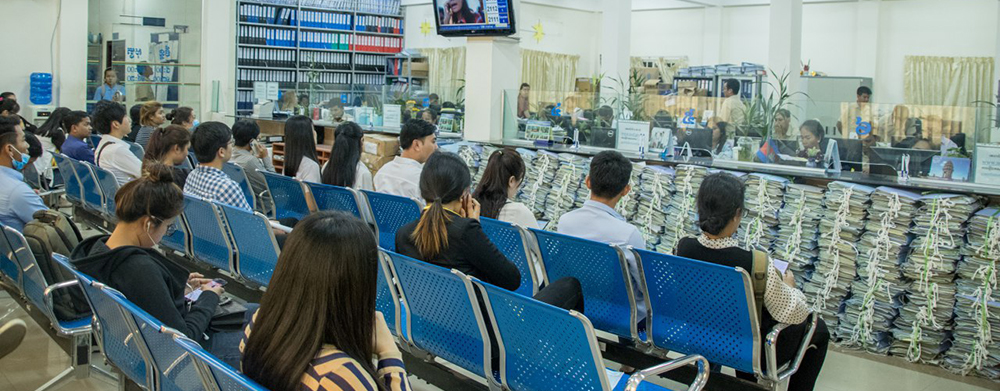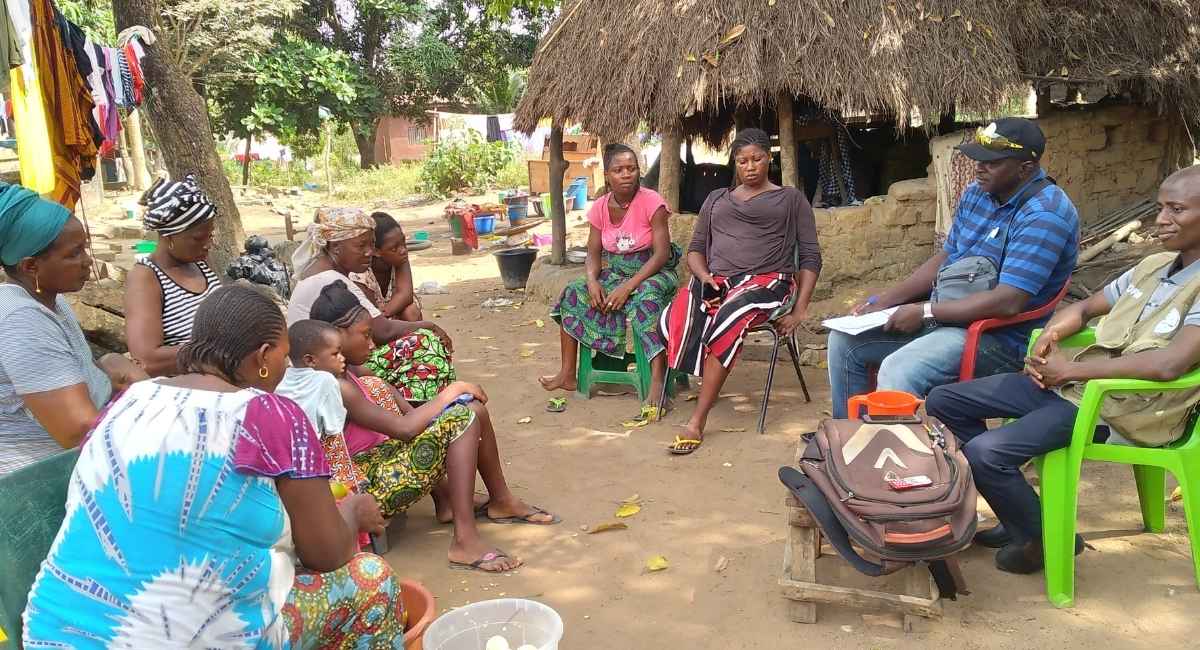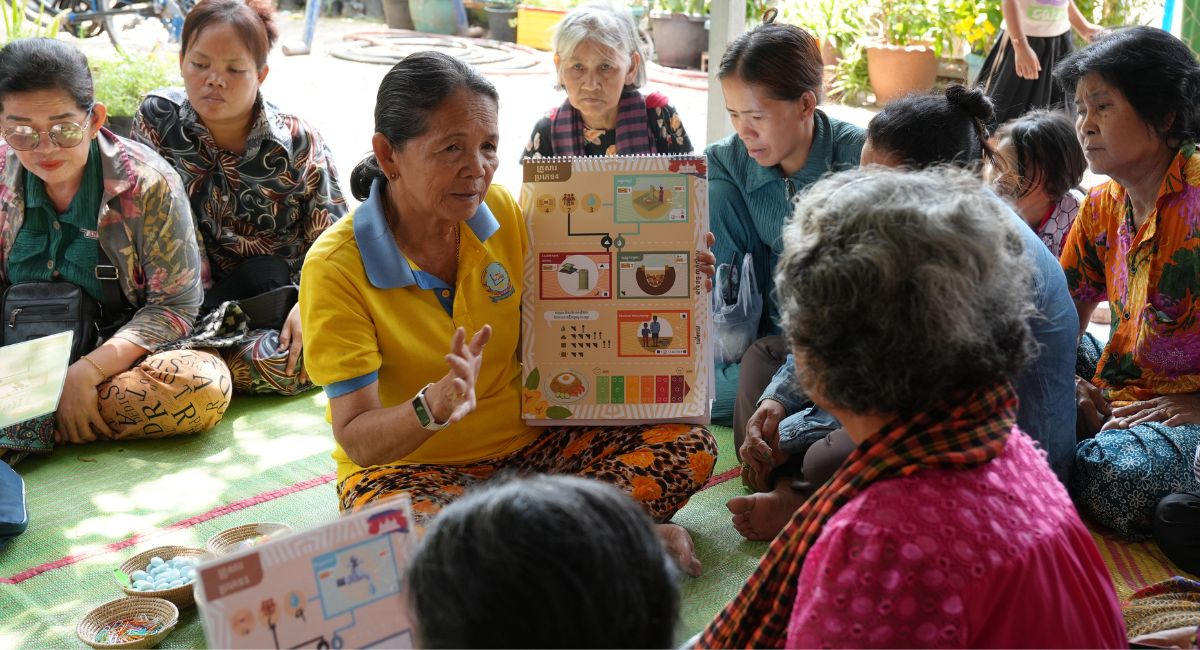Since the end of 2018, GRET has been participating in the extension of social protection to part of the informal sector in Phnom Penh, in Cambodia, via its Spin project. Two vulnerable urban populations are being targeted by this expansion: tuk-tuk drivers and domestic staff.
In December 2018, GRET launched a new phase of support for the National Social Security Fund (NSSF) in Cambodia. This new project, named Spin (Social Protection: Innovation for the Informal sector), follows on from the previous technical assistance phases conducted by GRET with the NSSF. In 2016, the NGO supported the implementation of the first compulsory health insurance package for staff in the private informal sector in Cambodia (in french).
The aim of this project now is to contribute to the effective extension of health insurance for two vulnerable urban populations: tuk-tuk drivers and domestic staff. This extension must be achieved through adaptation of the social protection management body’s communication and management tools and procedures. The NSSF itself will be in charge of the practical implementation of actions throughout the project, with technical support from GRET.
Numerous experts mobilised
To meet the requirements of this project, which will be conducted over three years, GRET has called on two field experts, one local expert from the Social Health Protection Association (SHPA) and one French expert. The latter, who will work jointly with the NSSF, will be in charge of proposing innovative solutions to achieve the expected results. In addition, close technical collaboration will also take place with national and regional experts from the International Labour Office. Various international, regional and local experts will also be mobilised from time to time to support the NSSF teams with more specific technical dimensions, according to the needs identified.
The NSSF, GRET and SHPA identified three major objectives:
- adapt and formalise the NSSF’s procedures to take account of the specificities of targeted populations in the informal sector;
- inform targeted populations effectively to propose health insurance thanks to appropriate tools and methods of communication. To do this, the project will also assist the NSSF with the development of its customer service centre to equip this centre with a comprehensive customer management solution;
- produce and distribute references on technical innovations to better cover the urban informal sector and equip the NSSF with the technical skills relating to these innovations.
The project should lead to 100% health insurance coverage for the domestic staff population previously identified. This represents approximately 1,200 people. As for the tuk-tuk driver population, 30 % are targeted by the extension of social protection, i.e. approximately 3,000 drivers.
The Spin project will be conducted with respect for the principles of gender equality, in so far as possible, taking a gender approach in the various project components, whether for recruitment of the various field experts and officers, or in the way of working with the two populations concerned. The latter are made up mainly of women for domestic workers and mainly of men for tuk-tuk drivers.
The Spin project is 90% funded by the Agence française de développement (AFD) as part of Fisong funding, and 10% funded by the Weave our Future foundation, which is providing specific support for the development of the NSSF customer service centre.






